Since moving to Maine, I have been watching the weather closely to see how cold it is going to be. I also like to compare the temperature here in Boothbay versus that of Kennett Square, Pennsylvania, where we used to live. Until recently, the temperatures were relatively similar. Then, last week, something drastic happened. The jet stream dipped, and all of a sudden, Maine was shut off from the weather trend of the mid-Atlantic. It was like the small boat we were riding was cut loose from the mother ship. We are now on our own for the rest of the winter unless the jet stream decides to benevolently move back up and pull us away from the Arctic, Canadian winter.
The temperatures here were 20 degrees lower than in Pennsylvania. It was cold outside. Even life-long Mainers said it was cold. The Maine state motto is “Dirigo.” I am starting to think that this means “wear lots of layers.”
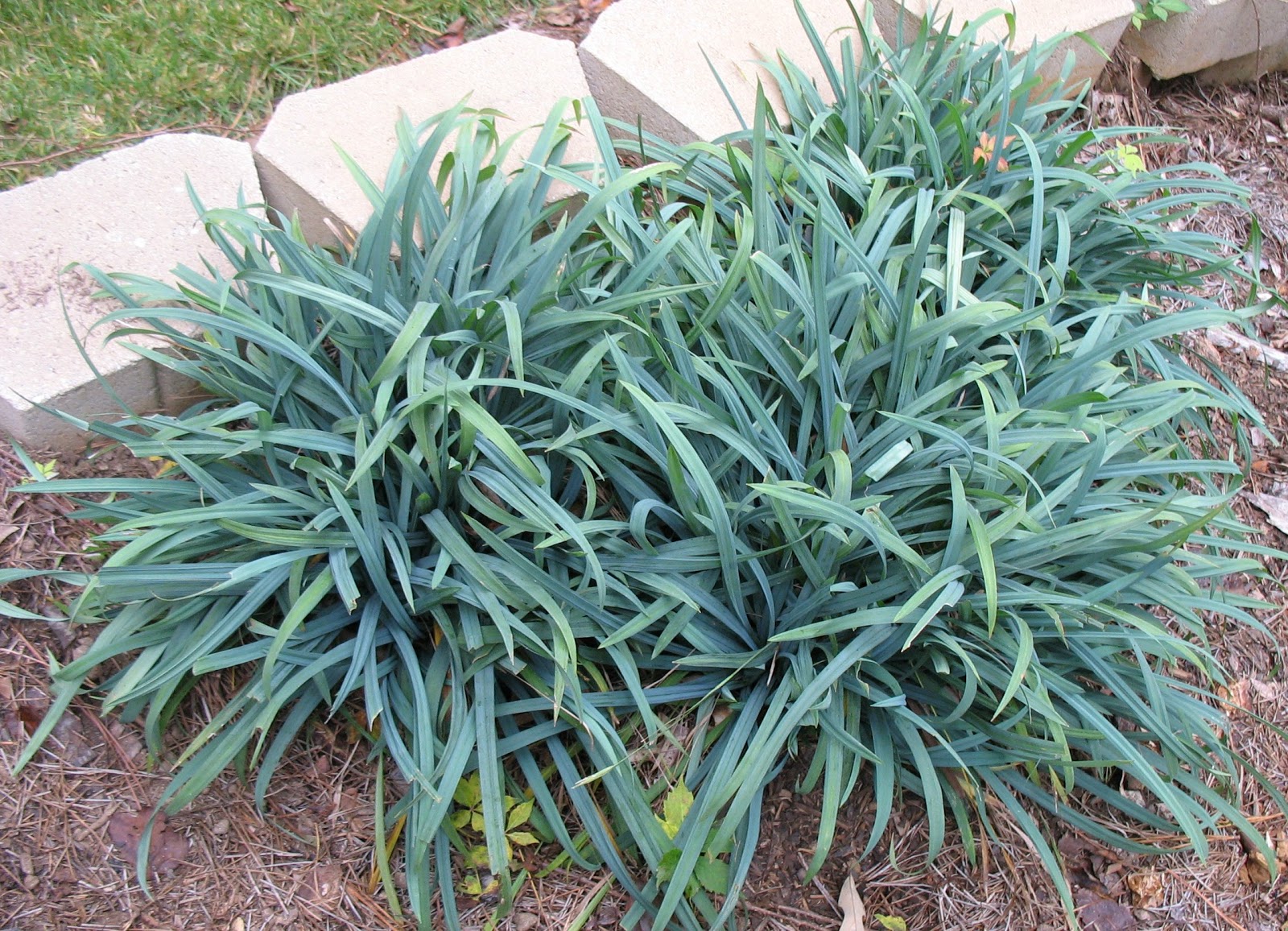
In spite of the cold, we have yet to receive the winter blanket of snow that locals are promising will come. In the garden, we have been busy moving through the plant beds, cutting back perennials before they become covered with the snow. We are also cutting back grasses to eliminate a place for moles to nest for the winter. Last week, the gardens looked neat and tidy. It felt good to have most of the garden in order, but along with the fact that it now gets dark around 4:30 in the afternoon, I am longing for some color and sunshine.
Bunny Blue Carex has beautiful Winter Interest
Then, on Friday, as I was making my way through the garden, I came across an area where the sun was shining (ahem, it was in winter full sun), and the plants were still lush. Growing there was Carex laxiculmis ‘Hobb’ or Bunny Blue sedge. I had been by this mass many times but never really noticed it until this instance when almost everything else had been cut back or gone dormant. Any plant that can go down to 18 degrees the night before and still look great is worthy of more use in the garden. Add to this that it is native, has blue-grey foliage, a tidy clumping habit, and can survive in shady conditions.
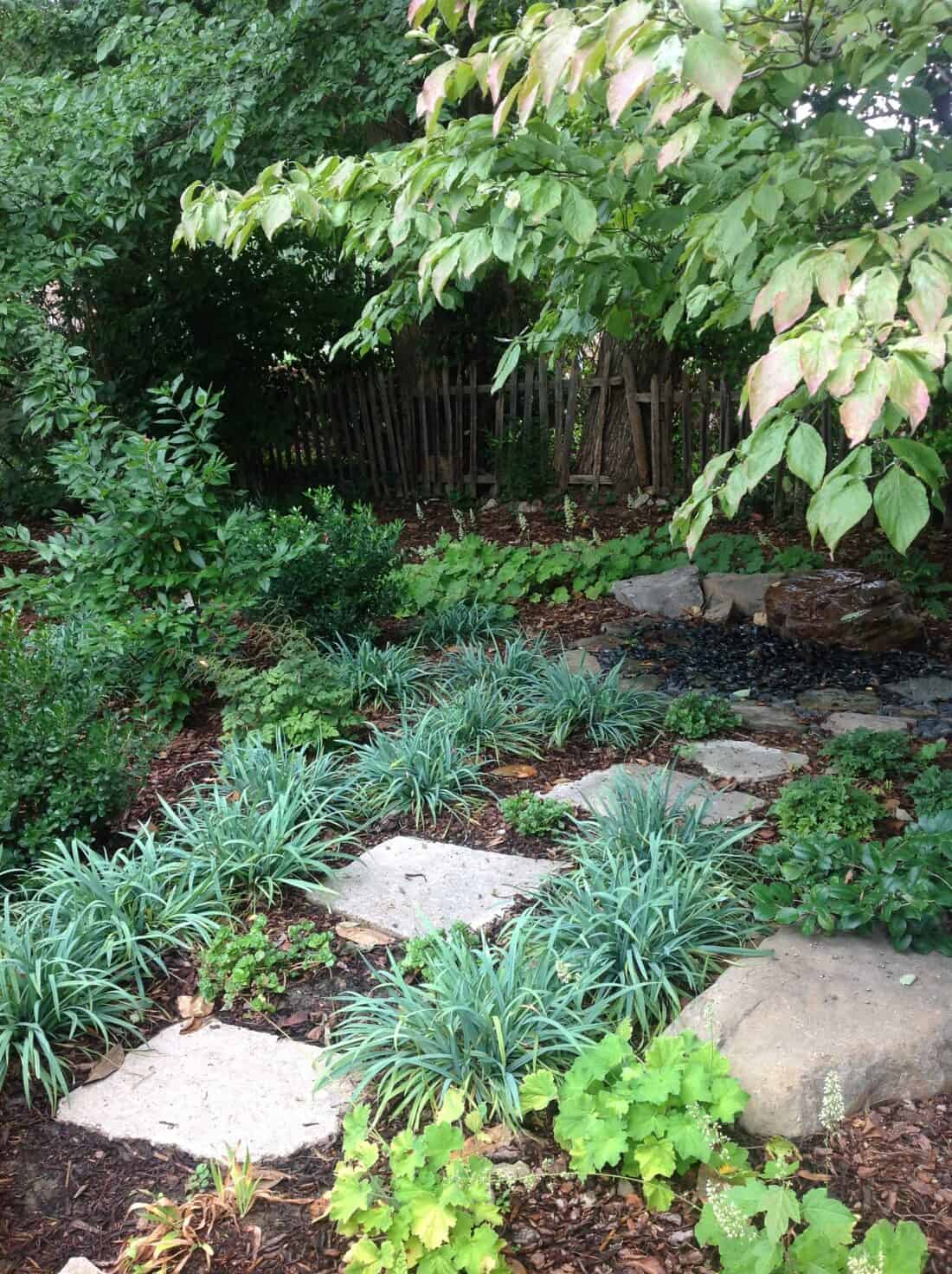
Bunny Blue is the trademark name for this Carex. The plant was introduced by the Head brothers of Seneca, South Carolina. Carex laxiculmis is native from eastern Canada down to Florida, so you know that this plant is extremely adaptable. Bunny Blue Carex will make a 12″x 12″ clump and slowly spread (rhizomatous spread).
We have our plants planted en masse alongside Heucheras. Here in Maine, we have it planted in full sun, but in the South, you may want to plant it in some dappled partial shade. It will also stay evergreen in warmer climates.
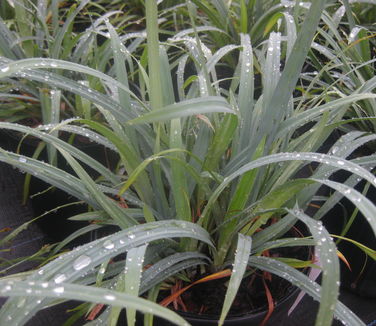
Bunny Blue Sedge
Carex laxiculmis ‘Bunny Blue’, also known as Blue Sedge, is a popular ornamental grass known for its unique blue-green foliage. This low-maintenance perennial is perfect for adding color and texture to garden borders, rock gardens, or containers. It prefers moist, well-drained soil and partial to full shade. Carex laxiculmis from Pleasant Run Nursery
Carex flacca ‘Blue Zinger’
Image from The greenhouse
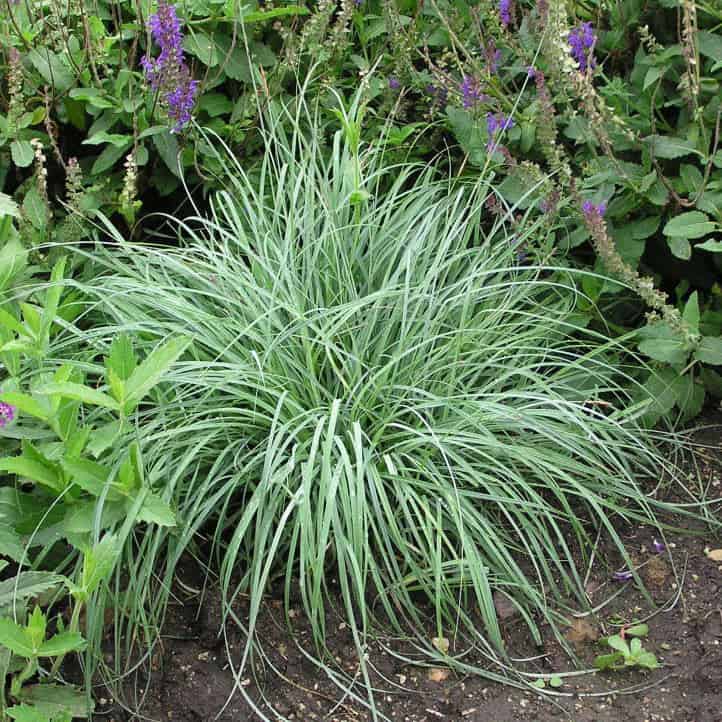
The color of Bunny Blue is spectacular. I love blue-silver foliaged plants, and this one is excellent. One of my dream plants is a hardy Astelia chathamica. The chances of that happening are pretty slim, so Bunny Blue will have to fill that void for now.
Have you grown Carex laxiculmus ‘Hobb’ Bunny Blue? If so, are you as impressed with it as much as I am?
– Rodney
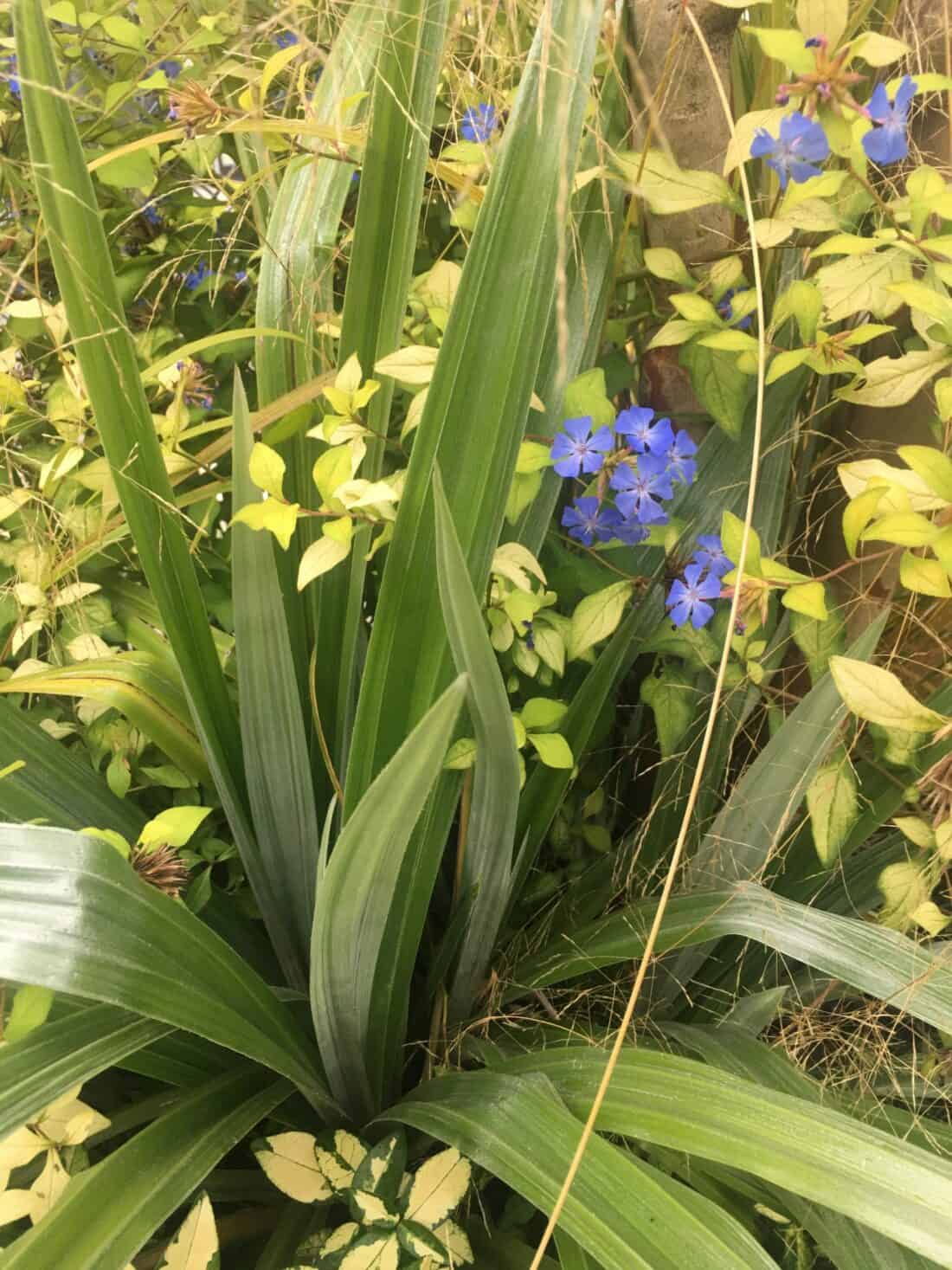
Other Blue Colored Sedges and grasses (alternatives)
What makes Bunny Blue sedge so appealing is the plants have wide blue foliage that is hard to miss. There are, however, other similar carex grasses with blue or green foliage that you might find useful as substitutes.
Carex Flacca (also commonly called carex glauca, or c. glauca)
Carex flacca, commonly known as Blue Sedge, is a hardy ornamental grass native to Europe. What sets it apart from other Carex varieties is its striking steel-blue foliage that adds a unique and eye-catching color contrast to garden landscapes. It’s a low-maintenance plant, making it an excellent choice for those seeking both aesthetic appeal and ease of care in their gardens. Blue zinger sedge is a variety of C. Flacca (which is also known as carex flaccosperma)
Elijah Blue Fescue
Scientifically known as Festuca glauca ‘Elijah Blue,’ is a captivating ornamental grass. What makes it stand out is its intense, silvery-blue foliage, providing a stunning contrast in garden designs. Its leaves are narrow and thin (unlike the wider foliage of Bunny Blue), and it requires full sun to be at its best.
Other Sedge interest posts:
I’ve grown many Carex, but I haven’t grown Carex Bunny Blue. This looks like a winner. BTW-Not all of Canada experiences the cold (Arctic) weather you are experiencing. Here in Southern Ontario (Caledon) near Toronto, we are experiencing temperatures in the low 50’s for the past three days. Feels like September still.
Hi Lorraine! Let me know how Bunny Blue works for you. It should do fine in your area. Enjoy the 50’s. It may be some time before we see those temperatures again.
Yes! And like you, I love it paired with Heuchera, Caramel and similar varieties look gorgeous with it. I’m in Zone 7b, Brooklyn NY, and it’s a winner here.
Thanks, Regina! I love Brooklyn and am glad to hear that it does well in your awesome area.
I’m adding bunny blue to ‘plant in 2013’ list….thanks rodney!
Great! You’ll love it. If for some reason, you happen to be at Swarthmore College in the coming year, they have a good sized mass of it planted on their campus as a lawn alternative in a shady spot.
Bought one of these at a local gardeners’ plant sale and didn’t get it in the ground last fall. Will plant this spring. However, I’m having trouble determining if I should cut the plant back this winter. I’m in zone 8 and today is a 70 degree sunny day in SC. Last week was in the 20’s.
MJane, if it is still looking good, you do not have to cut it back. And you do not have to remind me of how warm it is in South Carolina. (just joking)
I went out to shovel the drive this morning and thought that 27 degrees felt warm after our arctic blast the past couple of weeks.